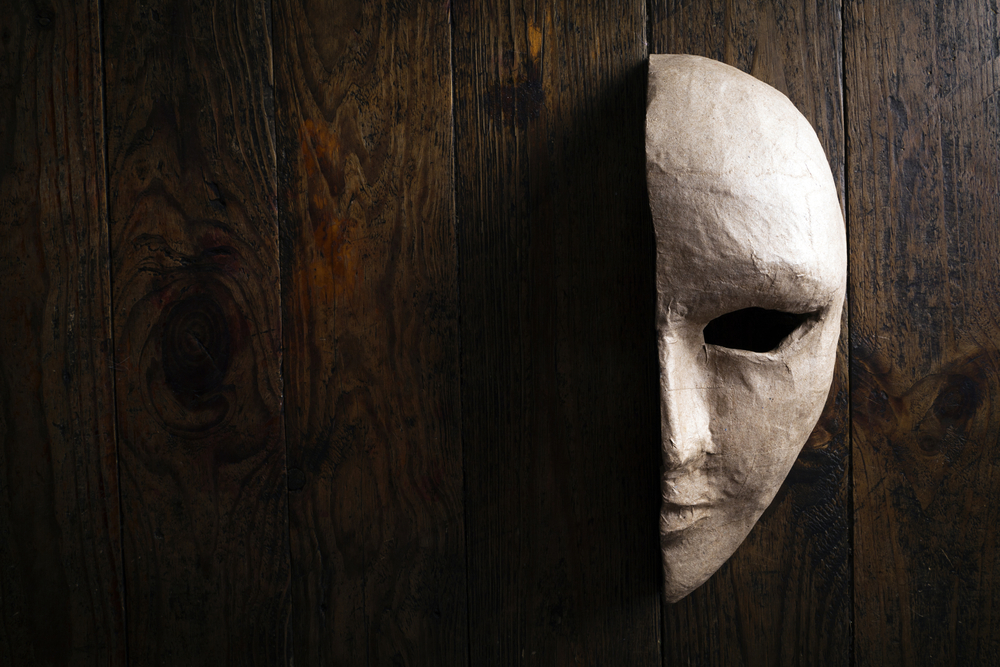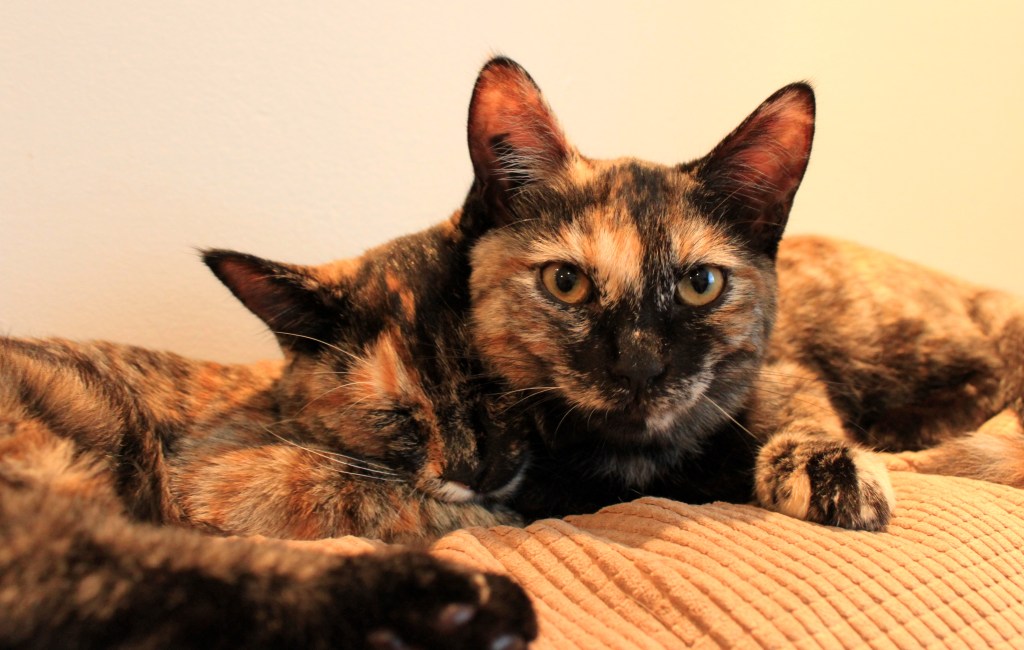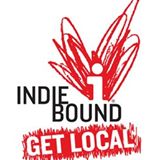
Here’s your assignment: The next time you watch a movie or a TV or Netflix show, pay attention to characters speaking on the phone. Now, watch to see if they say “Goodbye” or “Bye” before they hang up. My guess is that about 90% of the time, you will not hear either of those words or any similar spoken farewell. I also predict that, once you realize this, you will always notice the lack of goodbyes in onscreen phone conversations.
Why does this happen? Simple: Goodbye is an unnecessary word in a script. The average movie script is about 25,000 – 30,000 words. Compare that to an average novel, which can be between 70,000 – 120,000 words. With so few words available to script writers, cutting phone “goodbyes” is an easy choice. It’s also a fascinating sleight of hand, because unless some spoilsport like me points that fact out, viewers really don’t notice. They assume the goodbye is implied or their brains kind of fill in that gap. I didn’t notice that weird movie quirk until someone filled me in, and now I am doomed to notice it forever.
Sorry.
There’s also another bit of writing advice that applies equally to novels or films: Enter late and leave early. Essentially, this means not to waste precious words with action or dialogue that does not serve the story. For example, if you’re going to set a scene at a dinner party, where a character is going to reveal they are leaving their wife, you don’t need to start with the character arriving, greeting the hosts, hanging up their coats, taking off their shoes, commenting on the weather, being introduced to other guests, etc, etc. Unless those things are critical to the story in some way, they’re unnecessary. Just start the scene with the party in progress. The reader or viewer will figure it out and it will keep the pacing and tension tight. (I’m going to do that right now and assume, in the scenario I just described, that you can figure out what “leave early” means.)
Once you seriously dive into learning the craft of writing and storytelling, you’re frequently bombarded with advice to cut, trim, sacrifice, and avoid the unnecessary. For the most part, this is good advice. It’s also advice I’ve absorbed into my very molecules over the decades.
Why am I telling you all this? Because these deeply ingrained habits of cutthroat literary economy and narrative tunnel vision aren’t always my friend in these Chronicles, where the “characters” are real life, flesh and blood friends and family. I’ve hurt people I love by excluding them or minimizing their role in the story, all in my subconscious quest to follow the rules, keep the narrative tight, and keep my readers entertained.
It’s happened to different friends and family members over the years. It always hurts me. It always makes me feel like a terrible writer and a worse friend. And yet, I still write these Chronicles, knowing this could happen. My learning curve is flat?
I’ve tried to walk away from my Chronicles a few times, but I always come back. I’ve tried to journal privately and that usually lasts about a week before I’m bored and quit. I spent a mostly-sleepless night last night trying to figure out why I keep writing these posts the way I do. It’s part self-therapy, no question. This is the place where I wrestle with ideas and emotions, the events of my life and the wider world, and try to make it all make sense. But if that was all it was then I wouldn’t need to share them. It’s also storytelling, which, apparently, I have not shaken completely and still love. But, again, I could write those stories in a journal for myself. The answer, when it finally came, was a little embarrassing: it’s the audience. I love an audience, I crave an audience, and I always have.
I don’t mean this in the modern sense of being noticed for the sake of being noticed. I am not a Kardashian or an influencer. It’s not “me” that needs the audience, it’s whatever slice of art I make. If I create something, I want it to be seen, heard, read, and appreciated. I will never be happy just writing for myself.
These Chronicles satisfy me on multiple levels: I get to work through whatever jumble of thoughts and emotions are knocking around in my melon; I get to keep my storytelling skills at least moderately tuned up; I get an audience (however small that may be); and, as an added bonus, I often get to make connections, or deeper connections, with other real people. (Oh, and as an added, added bonus I get a record of my life, since I clearly suck at journalling or keeping a diary)
But they are also minefields, these little posts. I have lost friends over my words. Sometimes when I’ve least expected it. That will never not hurt.
Since my fun little breakdown of February 2021, I’ve mostly used these Chronicles to dive into the world of mental health. Specifically, my mental health. It’s been interesting and challenging to write about the struggles of depression and anxiety from the “front lines”, so to speak. I’ve attempted, sometimes successfully and other times not so much, to convey what it feels like to live with a brain that seems hell bent on ruining every good thing in your life. Depression and anxiety are vast and complex topics to cover and the best I can do is share tiny slivers of my own experience. But I choose to share, as honestly as possible, and to do my tiny part in shrinking the stigma and shame around mental health. Overall, I’m content with the stories I’ve shared.
Do you feel the “but” coming?
BUT, between my desire to pull you fully into parts of my depressed and anxious world, my need to maintain some boundaries and privacy, and my hardwired writer instincts to cut all but the most necessary elements of the story, important details often get left on the cutting room floor. In my Absent Imaginary Friends post, for example, I wrote of how I couldn’t go to Palm Desert with Fred because I couldn’t afford to board the cats for another two weeks and I had to work, but what I left out was that I really could have gone with him on that trip. If I’d asked, I’m sure our friends Amy and Derek would have looked after the cats, as they’ve done several times before, and my manager would have been okay with me working remotely for that time. What I left out, for personal reasons, was that Fred didn’t want me to go with him. He desperately needed some time on his own, time to relax and not worry about me and my never-ending mental health issues. A perfectly reasonable request but I’m sensitive about sharing anything publicly that might hurt him or make him feel as if I’m portraying him as a bad guy. He’s not. And, believe me, if either of us had had the faintest idea of how bad those two weeks were going to be for me, we would have made much better arrangements. (Also, it’s embarrassing to tell people your husband didn’t want you to be with him, no matter how much you understand and accept the reasons why).
Something else that I have left out of many of these stories is the most important parts of the big picture: the amazing people who have supported me for the past two years.
I think I have inadvertently created a picture of me as suffering solo, with minimal assistance from the outside world. I need to correct that.
I am lucky to have far more kind and caring friends in my life than I could have ever dreamed of. I’ve told you about some of them over the years, and I could write a novel about all the love, encouragement, and support I’ve received over the decades, but for today I want to focus on a small group of people who I have leaned on heavily during the past two years.
First, of course, is my husband Fred. I’ve shared loads about Fred with you over the years, but this time of my life is unique. In the blink of an eye, Fred became my nurse, cook, cleaner, real estate agent, bodyguard, chauffeur, motivational coach, confidant, and tear-absorber. He has done all this while silently and privately mourning the loss of the woman I used to be, the wife he thought he had, and taking care not to let me see how much this loss has hurt him. (Can you see why he needed a little time away?) Oh, he slips up now and then—he is only human—but his efforts to guide me through the labyrinth of mental health crises has been nothing short of heroic.
His gentleness has shocked me, in the best way. I’d always joked that, given his lack of caregiving instincts, if I was ever diagnosed with a debilitating illness, I just wanted him to put me in a facility. I don’t know where he found his inner caregiver, but, even while in the throes of the deepest sads, I have been awed by his attentiveness and sacrifice.
I could not have gotten through this without him. Full stop. And while I’ve been shit at showing it, thanks to my stupid brain, I love my husband more fully and deeply now than I ever have.
Another vitally important person for me during this two-year ordeal has been my friend Amy. Now, Amy has always been supportive, encouraging, and kind, especially with my writing—even when I continually rewarded the fictional characters she despised and punished the characters she loved. She is one of those rare individuals who quietly assesses what you need and then finds a way to provide it, as well as she can, expecting nothing in return but your happiness.
Homemade spa kits, long walks and talks in the woods, lunches to get me out of my cave, little gifts, and constant encouragement, are just a few trademark Amy-isms from the past two years. She and her hubby Derek also babysat our cats for us for the past two years so that we could enjoy a few weeks of vacation without worrying about our babies (or going broke!) and adopted us for family dinners for holidays and other special events. And I could go on…the list is LONG.
Without hyperbole, Amy and Fred, the dynamic duo, are the reason I am sitting comfortably in a coffee shop, typing these words before heading off to a job I love, and not curled up in bed, loaded with meds, and fighting to find a reason to care about anything at all. During my most recent trip to Depression and Anxiety Hell, Amy was the only person who could coax me out of the cone of silence and isolation I had built around myself. Even while she was knee-deep unpacking and settling into her new home, she made time, almost daily, to reach out to me and to let me know that she would always make time for me.
I don’t deserve a friend like Amy, but I’m sure glad I have her.
On the far away friends list, Pat & Joyce, Griffin, and Sandra have always been quick to notice when something wasn’t quite right and to send out a lifeline. Something as innocuous as a two-line, vaguely written, Facebook post has been enough to trigger their radar during these two hellish years.
Griffin is a wonderful distractor. Whether it’s bombarding me with silly memes and videos, chatting about writing, or luring me into a weekly online RPG with fellow nerds, he has a killer instinct for knowing how to remind me that life is still fun and there’s lots to laugh at even when my lying brain has convinced me otherwise. He’ll also have the serious talks, when needed, but I get the idea he knows when enough is enough and the sad lady needs to smile for a change.
Sandra must own a Time Turner because amid the entrepreneurial/mom whirlwind that is her life, she has not missed an opportunity in two years to send me reminders that I am a good person, a worthwhile human, and a friend she loves. Oh, and she also sends many hilarious Tik Toks, which I love even if I refuse to join Tik Tok. She has more daily challenges than I do, by far, but has never made me feel that I am undeserving of compassion and empathy because of that. I regret that I have not had more energy to promote her first book launch (Death Coach, it’s awesome, buy it here!) but I thank the universe for putting her in my path all those years ago!
And, lastly, Pat & Joyce. What can I say about my beloved Martha and Patty-Cakes? My former next-door neighbours who became lifetime best friends. Joyce has been through it all with me, good, bad, ugly, and everything in-between and these past two years I’m sure she hired a psychic to let her know whenever I was struggling. A message, a text, a call, Joyce was always there to make sure I was okay and to remind me I have friends ready and willing to help. Pat and Joyce’s house, “Casa Roney”, has always been, and probably always will be, my second home. And so, when Joyce invited me to come over for a mini-vacation, I didn’t hesitate. I knew I could be myself there; I knew this was a place where I would not be judged, a calm refuge.
It was during this latest trip, while telling Pat & Joyce how grateful I was for the invite, and how much I needed a change of scenery for a while, for my mental health, that Joyce said, “You’re always welcome here. You can show up at our door at 2am, out of the blue, and we’ll take you in.”
*Necessary pause while I cry a bit.
There are no greater friends than that. Period.
There have been many more friends and family members who have checked in and helped out over the past few years, and while I’ve only shone the spotlight on a few, every single person who made an effort to reach out or offer help has made an enormous difference to me. For anyone who has ever felt unacknowledged for the help you’ve offered me, I’m sorry if I made you feel that way. You are appreciated. Deeply appreciated.
I want to wrap up this very sloppy and rambling narrative by trying to offer a little insight into why, no matter how much love, support, and kindness someone (me) may be shown while in the throes of depression and anxiety, they (me) can feel entirely alone and isolated.
That state feels like being kidnapped. “Regular You” and “Depression/Anxiety You” always exist side by side. When things are good, Regular You does what they can to stay healthy and live their normal life, while D/A You slumbers in the background. But when something jolts D/A You into action, they grab Regular You, toss you into a soundproof booth, and lock the door. Regular You is forced to watch and listen, helpless, as D/A You rearranges your reality.
You could be in a room packed full of people who love and care about you but when D/A You is in charge they tell you, “These people don’t care about you. They tolerate you because they feel sorry for you. You have no talent or skill, you’ve wasted your life, you’re taking up room you don’t deserve. You’re pathetic and they know it! You’re an object of pity, nothing more. And it’s only a matter of time before they all figure it out and ditch you. Even your husband. You think he loves you? Grow up. You’re an anchor around his neck. If he could, he’d leave you today and go live a life that makes him happy with a woman who makes him happy. Why do you even try? You’re a loser. I hate you most of all.”
Regular You knows these are lies, but she’s trapped, screaming for help inside that locked booth where no one can see or hear her. It feels like being torn in two. It feels like those dreams where you need to run but your legs are too heavy. You withdraw and fold into yourself, because the thought of fighting that internal battle while trying to act normal around other people is exhausting. D/A You steals everything—your energy, your joy, your confidence. And when you fight back, and fight back, and fight back, and keep losing, after a while you just…surrender to it.
This is all to say that, if you’ve tried your best to reach me and I fail to reach back, please know that Regular Me is still in here. She sees everything you’ve done and—even if you can’t see or hear her when she’s locked up—she keeps on fighting because of it. She wants you to know that she’s thankful, even if the few, heavily edited missives she manages to send out to the world don’t convey that.
So, thank you, all of you, for standing by me when I needed you most.
I’d say goodbye but I’ve already used too many words.















